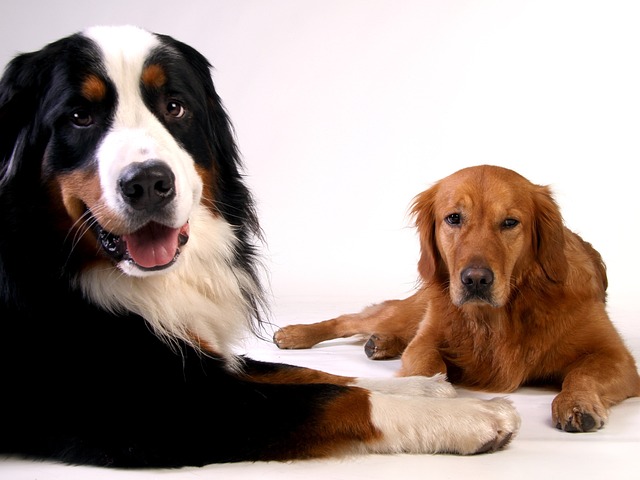
What is glaucoma in a dog?
You might notice your dog squinting more at mealtime or avoiding bright sunlight—these small changes could be early signs of a serious eye condition.
Bringing home a Golden Retriever puppy or adopting an adult dog is exciting, but many new owners worry: Is my pup really doing okay? Checking their health doesn’t require a vet’s degree—just a little daily attention to their habits and body. Start with energy levels. A healthy Golden should light up when you grab their leash, eager for a walk or a game of fetch. They’ll finish their meals without hesitation, though appetites can dip slightly if they’re stressed (like after moving to a new home). Watch how they interact during play; sluggishness that lasts more than a day, even with plenty of rest, is worth a call to the vet. And remember, positive reinforcement—praise and treats during these checks—builds trust far better than scolding, which can hide signs of discomfort.
Your Golden’s body tells a story if you know where to look. Their eyes should be bright and clear, no goopy discharge or redness. Ears might have a little wax, but a strong, yeasty smell or dark gunk could mean an infection. Run your hands through their coat while brushing—healthy skin is free of scabs, lumps, or excessive flaking. This is also a good time to check for ticks, especially after hikes in wooded areas. Don’t skip regular vaccinations, either; most states require core shots like rabies, and keeping up with them protects both your dog and your community.
 Pay attention to bathroom habits—they’re a big clue. Stools should be firm but not hard, and consistent in color. Loose stools or blood are red flags, as is straining to go. Urine should be pale yellow; dark or cloudy pee might signal dehydration or kidney issues. While you’re out on walks, always carry bags to clean up after them—not just good manners, but the law in most cities. It’s also a chance to note if they’re squatting more than usual, which could mean a bladder problem.
Pay attention to bathroom habits—they’re a big clue. Stools should be firm but not hard, and consistent in color. Loose stools or blood are red flags, as is straining to go. Urine should be pale yellow; dark or cloudy pee might signal dehydration or kidney issues. While you’re out on walks, always carry bags to clean up after them—not just good manners, but the law in most cities. It’s also a chance to note if they’re squatting more than usual, which could mean a bladder problem.
A healthy Golden Retriever has a balanced build—you should feel their ribs without pressing hard, but they shouldn’t stick out. Puppies grow quickly, so track their weight with your vet to avoid obesity, a common issue in the breed. Even in apartments, aim for 30-60 minutes of daily activity—fetch in the park, a brisk walk around the neighborhood—to keep their joints and heart strong. Too little movement can lead to weight gain, which strains their hips, a area Goldens are prone to issues with.
Changes in behavior often shout “something’s wrong” louder than physical signs. A dog that usually greets guests might hide if they’re in pain. Sudden aggression, like snapping when you touch their paw, could mean an injury. My neighbor’s Golden, Max, started ignoring his favorite toy last year; turns out, he had a tooth infection making it hard to carry things. Catching these shifts early—by staying attuned to their normal quirks—can make treatment faster and easier.
At the end of the day, trust your gut. You know your Golden best. If something feels off, even if you can’t pinpoint it, a vet visit is always smart. Regular check-ups and these daily observations will keep your fuzzy friend happy, healthy, and by your side for years.

You might notice your dog squinting more at mealtime or avoiding bright sunlight—these small changes could be early signs of a serious eye condition.

Let’s set the scene: It’s a sweltering Phoenix afternoon—105°F outside—and you rushed your 2-year-old Lab mix, Cooper, on a quick walk to “get it over with.”

Let’s get real: You’re in your Miami apartment, watching your 3-year-old Corgi, Loki, struggle to climb the stairs to your second-floor unit.

Many dog owners brush off occasional scratching as just “dog behavior,” but persistent itching often signals something more—like a food allergy.

You might first notice your dog scratching more than usual—chewing at their paws until the fur looks thin, or rubbing their face against the couch nonstop.

Let’s be real: You’re standing in your Chicago apartment, watching your 3-year-old Beagle, Max, huff and puff just to climb onto the couch.